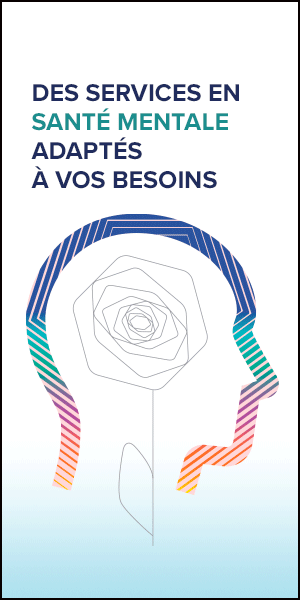Basic instructions to protect yourself from heat
Basic instructions to protect yourself from heat
Environment Canada forecasts significant heat in the region starting today for three days.
The Outaouais Department of Public Health of the Centre intégré de santé et de services sociaux of the Outaouais (CISSS) would like to remind you of the basic instructions for protecting yourself from heat.
The Heat
Heat can cause dehydration, the main symptoms of which are:
- – Intense thirst;
- – Unusual fatigue;
- – Headaches;
- – dizziness;
- – Swelling in the hands, feet and ankles and muscle cramps.
If left untreated, the condition can worsen, possibly going to heat stroke which can be recognized by high body temperature, confusion and fainting. Heat stroke is a medical emergency.
Who is at risk?
Anyone can get health problems related to heat, but some people are more at risk, such as:
- – Seniors;
- – Infants and young children;
- – People with chronic diseases, especially diseases of the heart, lungs, kidneys and certain mental health disorders;
- – People who need help with drinking;
- – People who work outside or who are exposed to heat from other sources (eg cooks).
What to do to protect yourself from the heat?
It is recommended to :
- – Drink lots of water throughout the day, even when you don’t feel thirsty.
- – For the breastfed baby, offer the breast on demand. It is perfectly normal for him to suckle more often. For babies fed commercial infant formula, offer more often. For babies over six months, offer water in small quantities after or between drinks;
- – Avoid alcoholic and sugary drinks (juice and carbonated drinks) and those containing caffeine (tea, coffee);
- – Refresh your skin with a wet towel several times a day;
- – For adults, refresh often by taking a fresh shower or bath every day or more as needed. For babies and children, refresh them by taking a warm bath or shower at least twice a day;
- – Spend at least two hours a day in air-conditioned or cooler places in your residence;
- – Close the curtains or blinds when the sun is shining and ventilate if possible when the night is cool;
- – Plan outdoor activities and outings to the park at cooler times of the day and reduce the intensity of activities if necessary;
- – Dress in light clothing and cover your head with a wide-brimmed hat;
- – Stay in the shade as much as possible.
Attention : Never leave a child or baby alone in a poorly ventilated car or room, even for a few minutes.
If you feel unwell or have questions about your health, call Info-Santé at 811 or ask a nurse or doctor. In an emergency, call 9-1-1.


